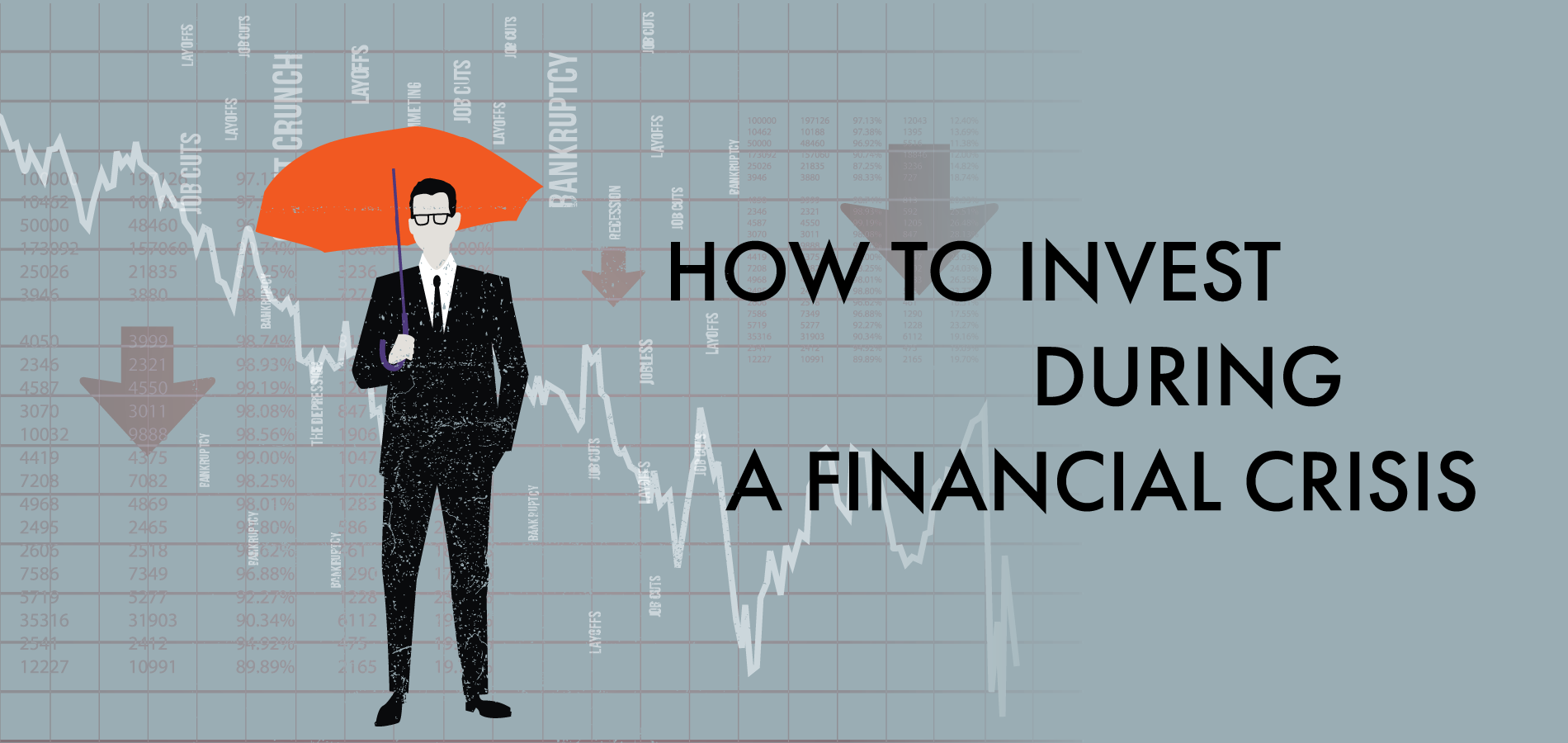In many parts of Canada, real estate prices have increased rapidly in recent years, providing investors with outstanding returns. There is a wide range of options for property investment in Canada, depending on your risk tolerance, time available to manage a property and your financial goals.
What is real estate investing?
Real estate investing covers many different activities in which investors use their money to generate income or grow their assets.
Best places to invest in real estate in Canada
Many cities and towns across the country provide good opportunities for real estate investing in Canada. Look for regions where the population is growing and there is an increasing demand for commercial space and residential homes. College towns often make good places to invest because enrolments are growing, especially for international students.
Consider the local demographics and trends. For example, many retirees are selling their Toronto and Vancouver homes and moving to smaller centers. This creates a demand for housing, but not necessarily large single-family homes. Instead, retirees are often looking for condos, small bungalows or rental apartments.
You can also look for opportunities for property investment in Canada. Sometimes, it can make sense to purchase vacant land near a growing city and later develop it or sell it to home builders.
Buying a rental property in Canada
Rental properties generate income from commercial or residential tenants. They can also appreciate in value over time, providing an asset to the investor.
However, investing in rental property is not for the faint of heart. It can be a lot of work. Tenants may refuse to pay their rent, leaving you holding the bag for mortgage payments, maintenance costs and utilities.
Be sure to consider how much time and money you are willing to put into investing in rental property. Will you be doing the maintenance, cleaning and rent collection yourself? Or will you have a property management firm take care of this? With the latter option, you will have to spend less time on your property, but management fees will cut into your profits.
If you decide to move forward with investing in rental properties, make sure you conduct due diligence:
Residential
If you are buying a rental property in Canada, check to see whether it is fully rented and that the current tenants are paying their rent. Speak with them to see if they are planning to renew their leases. Have a building inspector look at the property to ensure there are no upcoming surprises, such as needing a new roof or HVAC system.
Commercial
These buildings can include retail stores, offices and professional services such as lawyers and dentists. Recently, there has been a glut of office space in many cities across Canada due to the trend of people working remotely from home. Similarly, retail has been hit hard by the shift towards online shopping. So, be sure to consider these trends when you are pondering the purchase of a commercial building. In addition, assess whether the economy is strong in the city where the property is located. What do the future population demographics look like?
Real estate investing for beginners
If you are new to real estate investing in Canada and unsure whether it is for you, consider purchasing a vacation property such as a cottage. This will allow you to enjoy the cottage on your vacation time and rent it out when you are not using it.
There are a number of cottage rental websites that will promote your property. You can also use sites like Airbnb. In most cases, you will need to screen the guests to make sure they are suitable. You don’t want a group of 10 partiers to trash your cottage and disturb your neighbours with late-night revelry.
Revenues from rentals will provide you with income to offset the cottage expenses, including the mortgage, property taxes and utilities.
By starting with a vacation property, you will get an idea about whether you enjoy handling inquiries, dealing with renters and solving problems as they arise. If so, you can move on to other real estate opportunities, such as owning a rental home or apartment building.
Passive real estate investing
If you don’t have time to commit to managing commercial or residential property, you can consider passive real estate investing. There are several different options:
Real Estate Investment Trusts (REITs)
These are a pool for real estate investing in Canada. Since they hold a number of different properties, the risk is much less than if you purchase a single property and have to rely on one or two tenants for income. Be sure to do your research before investing. Consider the REIT’s management expertise, the current earnings and the fund’s track record.
Private mortgages
Private lending pairs investors with consumers requiring mortgages. Often, these homebuyers have a poor credit rating or unstable income – making them too risky for traditional banks. In order to reduce the risk, you may invest in a private mortgage pool rather than a single consumer. The risks are higher with these mortgages but the returns can be solid.
Investing in real estate vs. stocks
Both real estate and equities offer opportunities to earn a solid return and hold risks. However, it’s important to consider taxes when calculating returns.
Stocks can be held in an RRSP or TFSA, allowing you to generate returns tax-free – at least until you withdraw the funds. On the other hand, property cannot be placed in these registered accounts, although you can hold REITs. Income from your properties will be subject to tax, whether you own it personally or in a holding company.
Due to the tax benefits of RRSPs and TFSAs, you may wish to maximize your contributions before real estate investing in Canada. This will give you the greatest tax advantages. Everyone’s situation is different so check with your accountant to see what makes sense for you financially.





